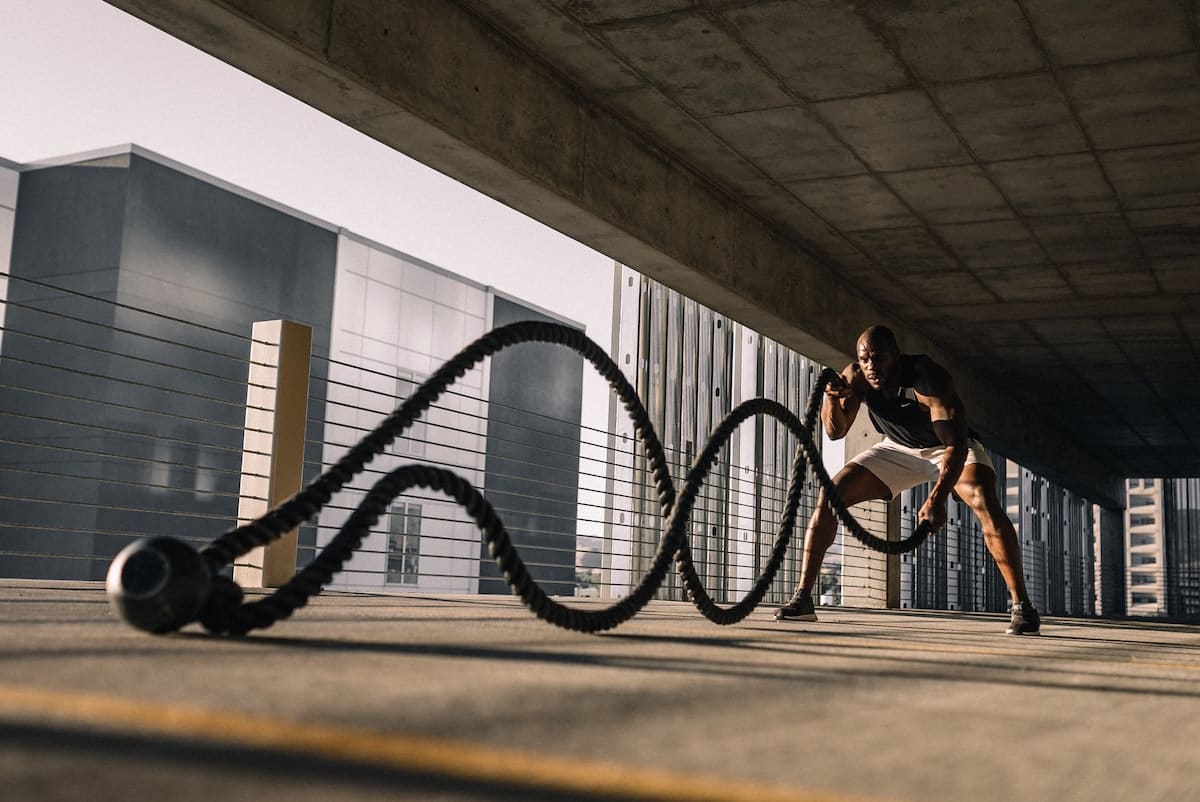Table of Contents
No matter how hard you work yourself in the gym, it won’t add up to very much if you don’t give your body the opportunity to recover afterward. Believe it or not, when you are building your muscles, you need to take time in between your next workout to rest them. The reason for this is
because lifting weights is literally damaging muscle tissue, and it is actually your workout recovery period when they actually grow.
Your muscle tissues’ ability to repair itself depends on many things such as getting enough sleep and the manner in which you treat your body. When your body is in recovery mode, it needs an ample amount of protein and carbs because protein provides the building blocks your muscles need to repair, and carbs are digested and transformed into the energy your body depends on. But like anything else in life, balance is important.
Here are some of the best ways to recover after a hard workout to build that muscle mass that you are looking to achieve.
CoQ10 After Your Workout
CoQ10 (Coenzyme Q10) is a naturally occurring antioxidant that gets created in the cells by the mitochondria that are responsible for producing the energy for most of all cellular processes in the majority of the cells in the body.
CoQ10 acts as a lining for the mitochondrial membrane to give a secure barrier that neutralizes excess free radicals to offer protection during the essential process of energy production and prevent free radicals from causing damage within the cell.
How much coq10 should I take is a wise question to ask, and the general answer is that traditional supplements recommend taking 500 to 1200 mg of CoQ10 each day.
Embrace Carbs
When you are working out, you will be triggering anabolic responses in your body that are responsible for muscle growth. Therefore, proper post-workout nutrition can speed up muscle recovery and new muscle growth.
After you finish your workout, you should be eating a meal with about 20 to 30 percent of your total carbohydrate intake. Our bodies are able to absorb carbohydrates after we finish a workout, and along with having an appropriate amount of carbohydrates, you want to consume 25 to 50 grams of protein.
Protein from a whey isolate can help ensure adequate leucine content and faster protein uptake. That meal that you have after your fitness routine should be under 10 grams of fat because the more fat that is in your food, the longer it is going to take to absorb in your body.
Micro Naps
You need to have a good night’s rest, but also getting at least one 15 to 20-minute nap during the day can aid in recovery after intense exercise workouts. These short micro naps are also beneficial for your heart, blood pressure, stress levels, and managing your weight.
Foam Roll
Using a foam roll for foam rolling can improve joint functionality and flexibility and break up muscle adhesions that cause muscle imbalances. Improve your flexibility, and help keep you free of injuries. Foam rolling before a workout can help you limber up and foam rolling after a workout can flush out toxins and lactic acid from a muscle.
It is ideal for spending at least 15 minutes each day foam rolling in order to keep your body able to work out and recover to get the most out of your fitness routines on a long-term basis.
Balance Your Diet
Having a properly balanced diet is incredibly important to your workout goals, whether you are in the process of trying to gain muscle or lose weight. Along with going through the rigor of regular fitness training, you also need to be feeding your body a well-balanced diet to receive the nutrients it requires to recover from training.
Make an effort to keep your carbs, protein, and fats balanced, and stay away from diets that are way too extreme because you could end up weaker and smaller.
Take Multivitamins
Your cover process needs vitamins such as C, D, E, and ALA because they help to prevent damage that gets done by free radicals, and they help out with the strengthening of your immune system. Once you have completed a workout, free radical levels are higher in our muscle cells. But taking these vitamins will assist you in breaking these free radicals apart. Also, by taking a multivitamin, you can help to ensure that you aren’t put into a position of having nutritional deficiencies.
Hydrate Yourself
One last helpful tip to add to your list is hydration. In general, our bodies require water to function. After a strong workout, you may notice that muscle soreness takes place from lactic acid buildup in a muscle. But this doesn’t have to be an issue if you drink adequate amounts of water to assist with flushing out toxins from your muscles.
The right amount of body hydration helps to keep our joints lubricated which can improve your performance in the gym and lead to fuller muscles.


